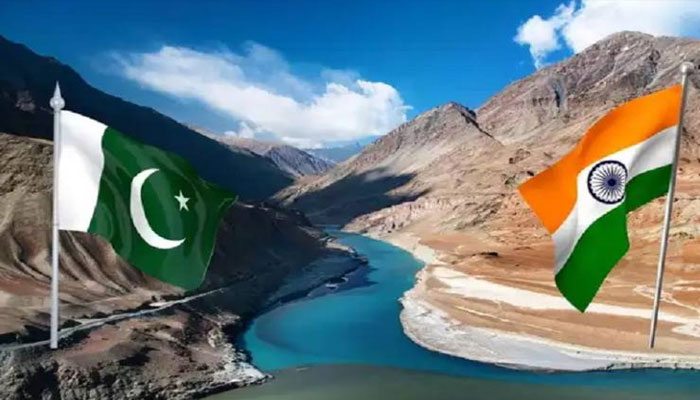Kashmir Tensions Spill into a Water War

The recent escalation in tensions between India and Pakistan over the Indus Waters Treaty (IWT) has raised serious concerns about regional stability and the future of water-sharing agreements between the two nuclear-armed neighbors. The controversy began after a tragic incident in Pahalgam, in Indian-administered Kashmir, which India blamed on Pakistan without providing any concrete evidence. Pakistan swiftly denied any involvement, yet India responded by declaring it would “hold the treaty in abeyance”, a move that Pakistan views as a direct threat to its national security and economic survival.
The Indus Waters Treaty, brokered by the World Bank in 1960, has long been considered a rare example of successful cooperation between India and Pakistan. Despite three major wars and numerous military standoffs, the treaty remained intact, ensuring that both nations had access to the waters of the Indus River system. Pakistan, being a lower riparian state, relies heavily on this water for agriculture, which forms the backbone of its economy. More than 80% of Pakistan’s irrigation depends on the Indus Basin, and any disruption could lead to catastrophic consequences, water shortages, reduced crop yields, and severe economic instability, particularly in Punjab and Sindh, where water scarcity is already a pressing issue.
India’s decision to suspend the treaty is not only unprecedented but also legally questionable. The Vienna Convention on the Law of Treaties, which governs international agreements, mandates that treaties must be performed in good faith. There is no provision in the treaty allowing for it to be “held in abeyance,” nor has India cited any legal basis for its decision. The Vienna Convention does allow for the suspension of treaties under specific conditions, such as mutual consent or a material breach by the other party. However, India has not alleged any violation by Pakistan, nor has it consulted Islamabad before taking this drastic step. This unilateral move is, therefore, a clear violation of international law and sets a dangerous precedent for transboundary water disputes worldwide.
Pakistan now faces a critical challenge in determining its next steps. One possible course of action is invoking the dispute resolution mechanism under Article IX of the IWT, which allows for arbitration. However, given India’s outright rejection of the treaty’s validity, it is unlikely to participate in any such proceedings. Another option is approaching the United Nations Security Council under Chapter VII of the UN Charter, which empowers the Council to intervene in matters threatening international peace. The suspension of the IWT could escalate tensions between two nuclear-armed states, making it a legitimate concern for global security. The UNSC has previously acknowledged the risks of conflict between India and Pakistan, particularly after their nuclear tests in 1998, and may need to step in before the situation spirals out of control.
The ecological and humanitarian consequences of disrupting the treaty cannot be ignored. Water scarcity in Pakistan could lead to mass displacement, food insecurity, and social unrest, further destabilizing an already volatile region. International law recognizes that non-military threats, such as economic and environmental crises, can also jeopardize peace. The UN and other global bodies must act swiftly to prevent this dispute from escalating into a full-blown crisis.
India’s actions appear politically motivated rather than based on genuine legal or security concerns. By weaponizing water, a vital resource, it risks triggering a humanitarian disaster while violating the principles of international cooperation. Pakistan, on its part, has signaled that it will treat any disruption of the treaty as an act of aggression, given its existential dependence on the Indus waters. The international community must intervene to uphold the sanctity of the IWT and prevent further deterioration in relations between the two countries.
The Indus Waters Treaty has survived decades of hostility, serving as a model for conflict resolution worldwide. Its collapse would not only devastate Pakistan but also undermine global confidence in water-sharing agreements. Pakistan has already announced countermeasures in line with international law, but diplomatic pressure from the UN and major powers is essential to de-escalate the situation. The UN Secretary-General’s office should take immediate steps to mediate before the dispute escalates beyond repair.
The stakes are incredibly high. If India persists in its unilateral suspension of the treaty, it could push the region toward further instability, with repercussions far beyond South Asia. The world cannot afford another flashpoint between nuclear powers, especially one rooted in such a fundamental resource as water. The time for decisive international action is now, before the crisis reaches a point of no return.







